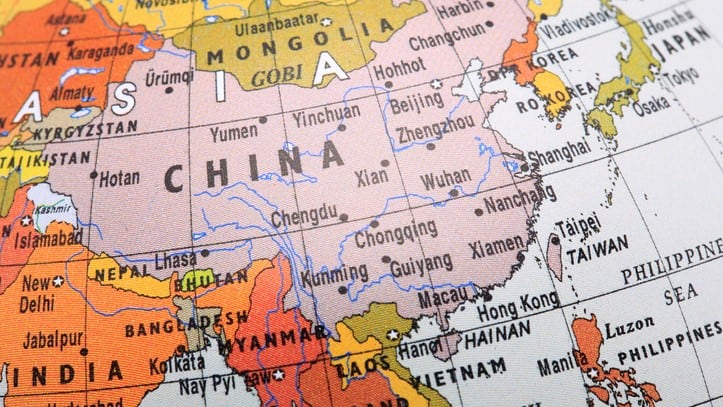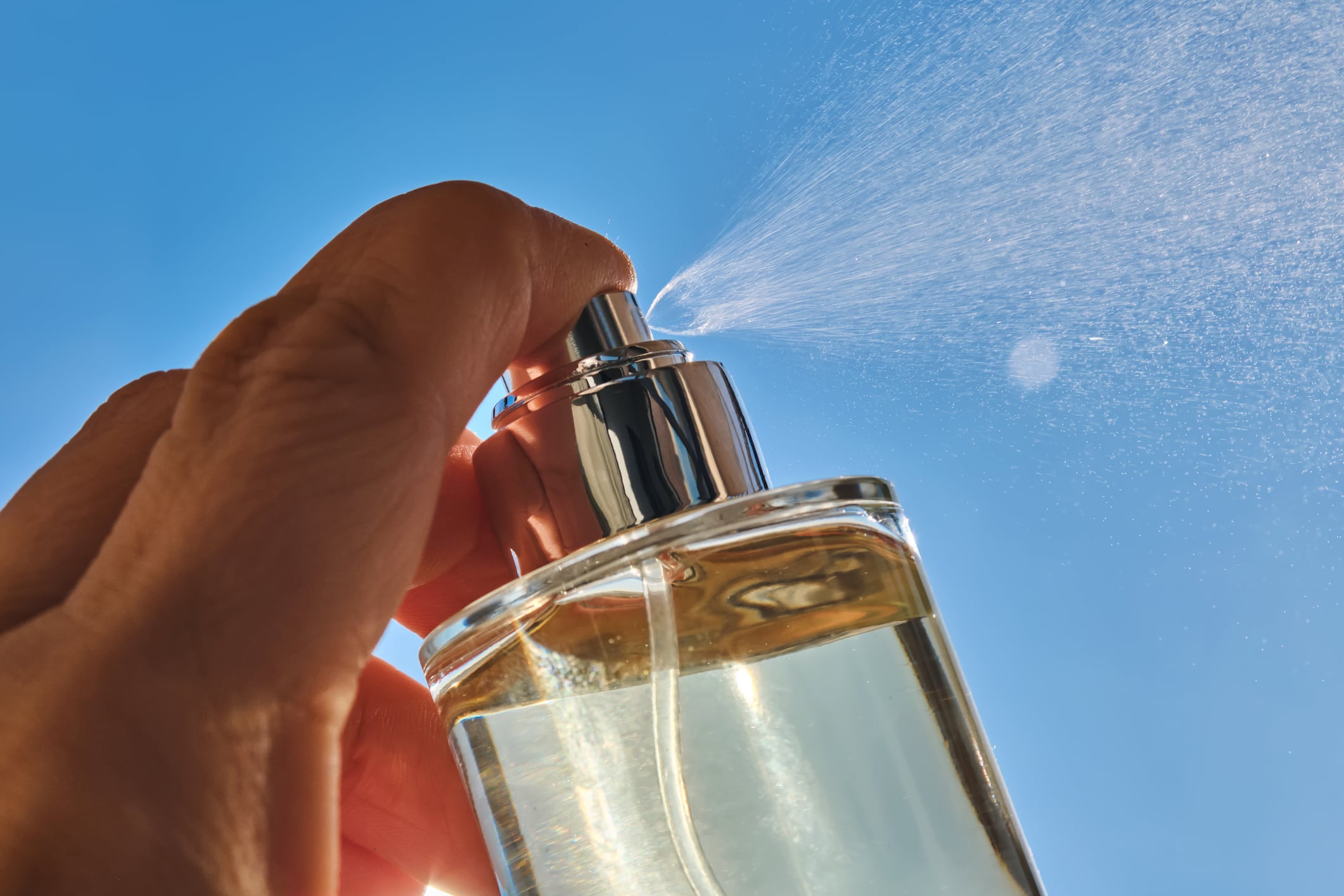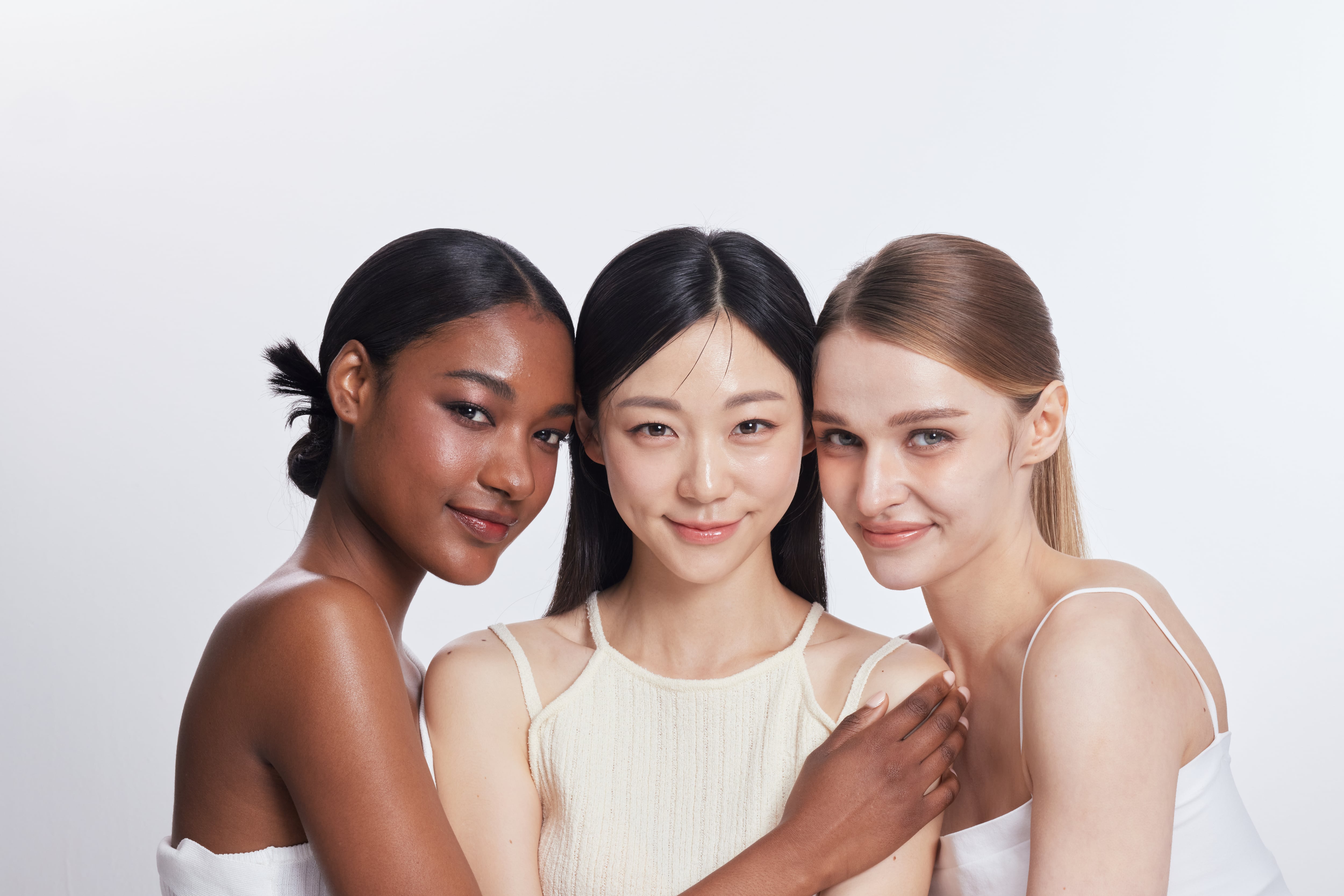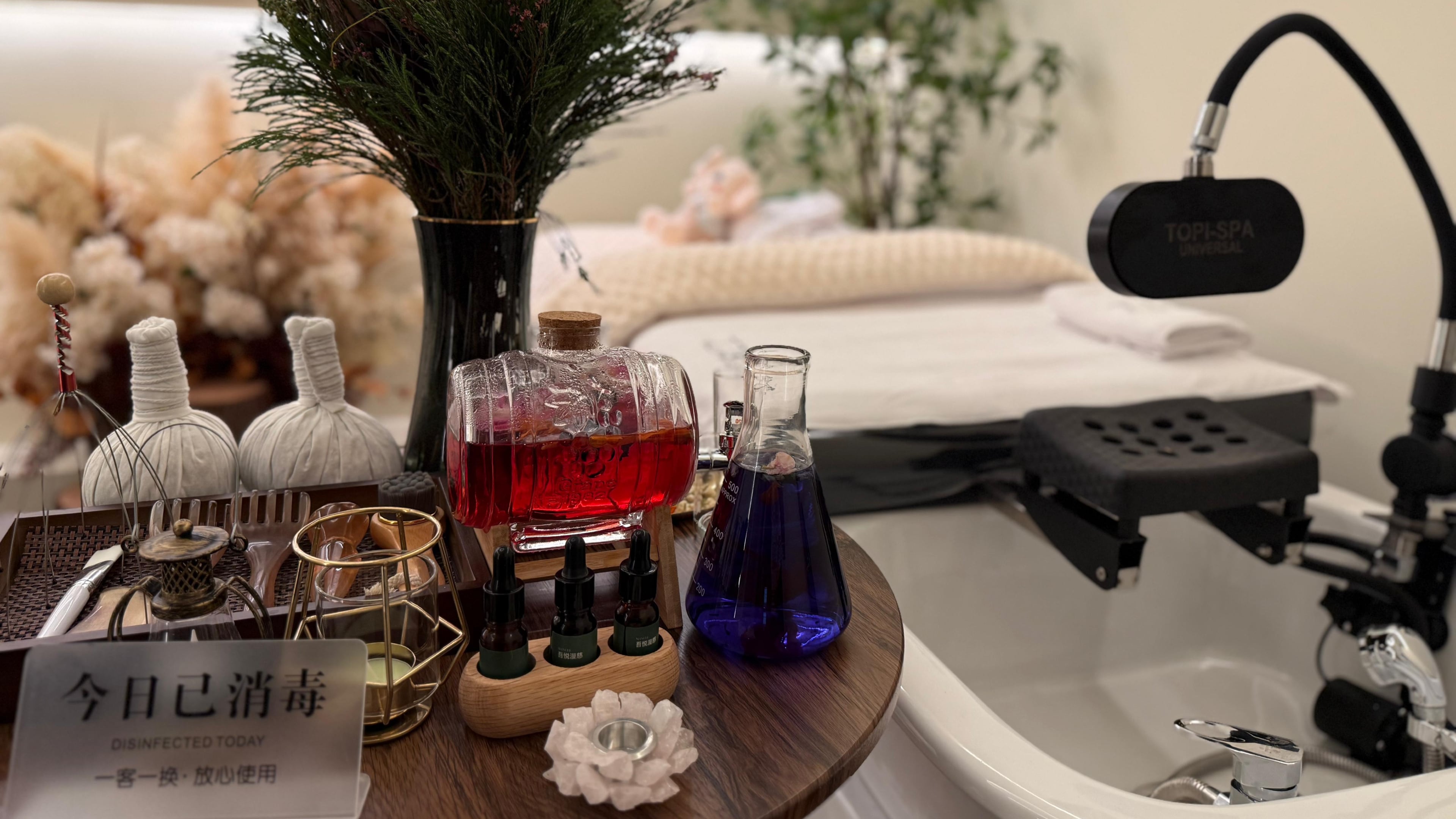Yatsen fuelled by colour cosmetics’ growth, skin care’s continued strong performance
Chinese beauty major Yatsen Holding announced on August 21 its financial results for the second quarter ended June 30, 2025.
Based on the report, total net revenues rose by 36.8% to RMB1.09bn (USD151.7m) from RMB794.5m (USD110.9m) for the prior year period.
According to Yatsen, the increase was primarily due to a 78.7% year-over-year increase in net revenues from skin care brands, combined with an 8.8% year-over-year increase in net revenues from colour cosmetics brands.
Gross profit increased by 39.5% to RMB850.4m (USD118.7m) from RMB609.4m (USD85m) for the prior year period, while gross margin increased to 78.3% from 76.7%. This was mainly driven by an increase in sales of higher-gross-margin products.
MINISO builds IP ecosystem via dual-strategy to meet demand for interest-driven consumption
Chinese retail giant MINISO is building an IP ecosystem to meet the increasing demand for interest-driven consumption.
In an era where Gen Zs and Millennials are looking for more than just product, but emotional value, self-expression and shared experiences, MINISO is targeting this phenomenon with its Super Store and Super IP strategies.
According to MINISO, its best-performing products include colour cosmetics, fragrances, and personal care.
JOOCYEE capitalises on shifting perception of C-beauty in SEA with Singapore flagship
JOOCYEE’s opening of its first flagship store outside of China signals the changing consumer perception and growing popularity of C-beauty in South East Asia (SEA).
The brand marked a major milestone in its global expansion in July, with the opening of its first international retail store in Singapore.
Melvin Beh, Marketing and Sales Associate Director at JOOCYEE, told CosmeticsDesign-Asia that while K-beauty and J-beauty dominate mindshare, C-beauty is gaining momentum through Chinese pop culture, TikTok, and e-commerce in SEA.
ImmVira eyes bigger opportunities following INCI designation of engineered exosomes
Two of Chinese biotech firm ImmVira’s engineered exosomes recently secured International Nomenclature of Cosmetic Ingredients (INCI) designation, which it says would enable it to seize opportunities in the ageing market.
This dual certification of MVR-EX104 (EX104 for alopecia) and MVR-EX105 (EX105 for localised fat accumulation) is said to solidify ImmVira’s leading position in engineered exosome technology, facilitate overseas market entry, and enhance consumer trust through INCI’s mandated ingredient transparency.
On the back of the INCI validation, the company is accelerating development of a global health and wellness product matrix spanning skin health, hair management, and fat reduction, to introduce a new generation of home-use professional-grade bioactive solutions.
Peptides cosmetics boundaries with pharmaceutical-grade innovation: China study
Peptides, or short chains of amino acids, may have the potential to bridge the gap between pharmaceuticals and skin care, according to researchers in China.
Originally developed for pharmaceutical use, these molecules are now transforming skin care, with applications in anti-ageing, whitening, moisturising, wound healing, and antimicrobial protection.
This is particularly promising, as it means peptides can bring the scientific rigour of drug development into beauty products.





